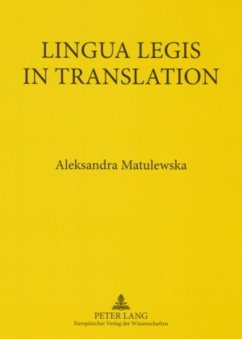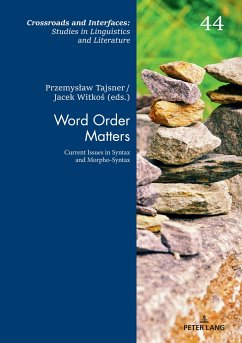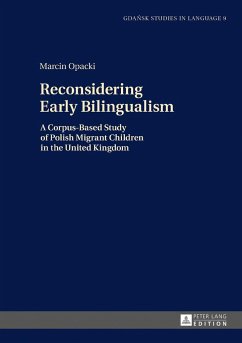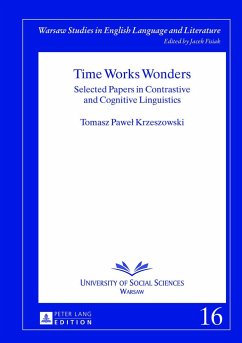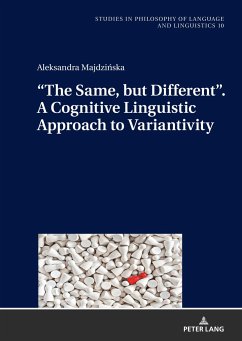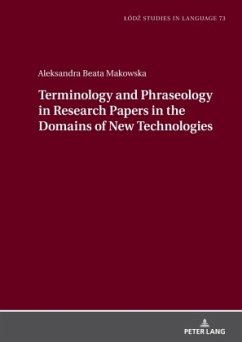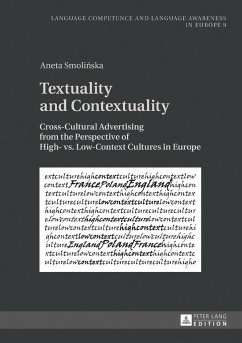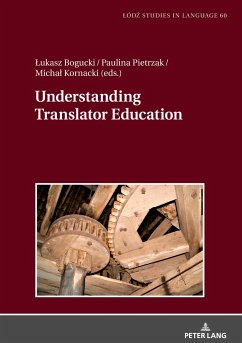
Bind Me Tender, Bind Me Do!
Dative and Accusative Arguments as Antecedents for Reflexives in Polish
Herausgegeben: Witkos, Jacek
Versandkostenfrei!
Versandfertig in 6-10 Tagen
59,35 €
inkl. MwSt.

PAYBACK Punkte
0 °P sammeln!
One of the well-known properties of Slavic languages is that they show subject-oriented reflexives. This book presents this phenomenon in Polish in great empirical detail and provides its up-to-date syntactic analysis, couched in the minimalist model of grammar. The analysis accounts for the fact that not only nominative subjects but also experiencers, both dative-marked and some accusative-marked, function as antecedents for reflexive elements. On the basis of empirical studies, the book explains why dative experiencers bind both reflexive and pronominal possessives in identical local configu...
One of the well-known properties of Slavic languages is that they show subject-oriented reflexives. This book presents this phenomenon in Polish in great empirical detail and provides its up-to-date syntactic analysis, couched in the minimalist model of grammar. The analysis accounts for the fact that not only nominative subjects but also experiencers, both dative-marked and some accusative-marked, function as antecedents for reflexive elements. On the basis of empirical studies, the book explains why dative experiencers bind both reflexive and pronominal possessives in identical local configurations, while nominatve subjects bind only reflexive possessives. The authors investigate both long-distance binding relations in infinitives and contexts internal to nominal phrases. Extensive references are made to binding in other languages and alternative models.







